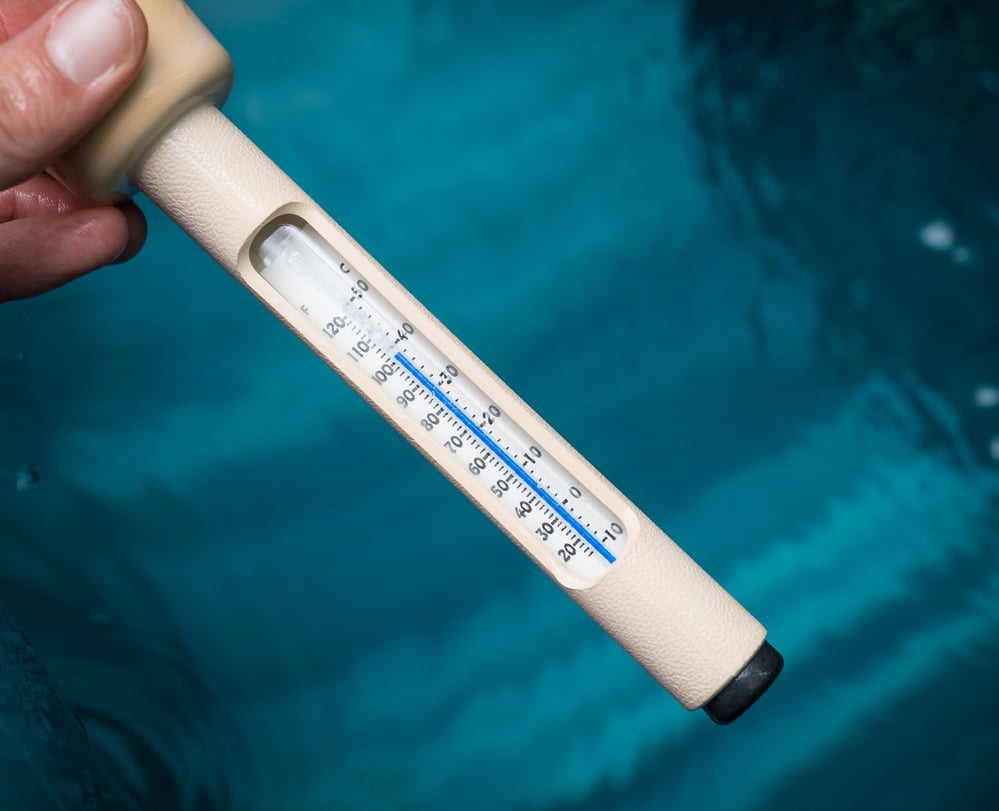Navigating the Warmth Debate in Southern California
Gas vs. Electric Pool Heaters
When it comes to keeping your pool at the perfect temperature or when you and your pool designer are starting the process of pool design, the choice between gas and electric pool heaters plays a crucial role. In this comprehensive guide, we’ll delve into the pros and cons of both heating options. Explore recent rulings by SoCal Gas Company, Southern California Edition, as well as California’s rules and regulations. Whether you’re aiming for energy efficiency, cost-effectiveness, or compliance with local regulations, understanding the nuances of gas vs. electric pool heaters is key.
I. Gas Pool Heaters
Gas pool heaters have been a popular choice for many pool owners, offering rapid heating and reliability. Here are the key aspects to consider:
Pros:
Speedy Heating: Gas heaters are known for their quick heating capabilities. They are ideal for spontaneous pool parties or unexpected cold spells.
Effective in Cooler Climates: Gas heaters perform well in cooler climates. They ensure your pool remains comfortably warm even when the outside temperature drops.
Cons:
Operational Costs: While efficient, gas heaters tend to have higher operational costs compared to electric heaters, impacting long-term expenses.
Environmental Impact: Gas heaters emit greenhouse gases, contributing to environmental concerns. This aspect may be a consideration for eco-conscious pool owners.
II. Electric Pool Heaters
Electric pool heaters have gained popularity for their energy efficiency and ease of use. Let’s explore their advantages and disadvantages:
Pros:
Lower Operational Costs: Electric heaters generally have lower operational costs, providing a more budget-friendly option over time.
Environmental Friendliness: Electric heaters produce fewer emissions, making them a greener choice for those prioritizing environmental sustainability.
Cons:
Slower Heating: Electric heaters may take longer to heat the pool compared to their gas counterparts. Electric heaters could be a drawback for those seeking immediate warmth. This could also imply that the electric heater could be in use longer, resulting in higher electrical costs.
Dependence on Electricity Grid: Power outages or fluctuations can impact the performance of electric pool heaters, potentially causing inconvenience.
III. Recent Rulings by SoCal Gas Company
In recent rulings, the SoCal Gas Company has taken notable steps to promote environmentally conscious practices in various aspects of home construction, including pools. Emphasizing energy efficiency and reduced carbon footprints, SoCal Gas Company encourages residents to adopt eco-friendly solutions when constructing or upgrading their pools. While specific details about pool construction may not be explicitly outlined, the overarching message aligns with the company’s commitment to sustainable practices. Pool builders and homeowners alike are advised to stay informed about any updates or guidelines provided by SoCal Gas Company to ensure that their pool construction projects align with the latest standards and contribute to the broader goal of environmental responsibility. SoCal offers pool heater rebates from certain manufacturers that can be considered to offset the cost of a gas heater. Click here to learn more.
IV. Recent Rulings by Southern California Edison
California, known for its stringent environmental regulations, has established comprehensive rules regarding electric pool heaters, impacting both consumers and utility providers like Southern California Edison. The state prioritizes energy efficiency and reduced environmental impact, encouraging the use of electric pool heaters that adhere to strict emissions standards. For pool construction in the Southern California Edison service area, compliance with these regulations is paramount. Pool builders must ensure that the electric pool heaters installed meet California’s energy efficiency criteria, contributing to the region’s commitment to sustainability.
Homeowners working with Southern California Edison should also consider the implications of these regulations. Adherence not only aligns with the state’s environmental goals but may also influence energy consumption patterns and costs associated with electric pool heating systems. Staying abreast of California’s evolving rules ensures that pool construction projects are not only compliant but also contribute positively to the overall energy landscape in Southern California.
V. California’s Rules and Regulations
California, being a trailblazer in environmental regulations, has set stringent standards to reduce carbon footprints. When it comes to pool heaters, it’s crucial to ensure compliance with state regulations, particularly regarding emissions and energy efficiency. Pool owners are encouraged to choose heaters that meet California’s environmental standards.
Conclusion
In the eternal debate of gas vs. electric pool heaters, the choice ultimately depends on individual preferences, budget considerations, and environmental concerns. With recent initiatives by SoCal Gas Company, Southern California Edison, and California’s commitment to sustainability, pool owners in Southern California should weigh their options carefully. Whether you prioritize speed, cost-effectiveness, or eco-friendliness, finding the right balance ensures your pool remains a comfortable oasis in any season.


